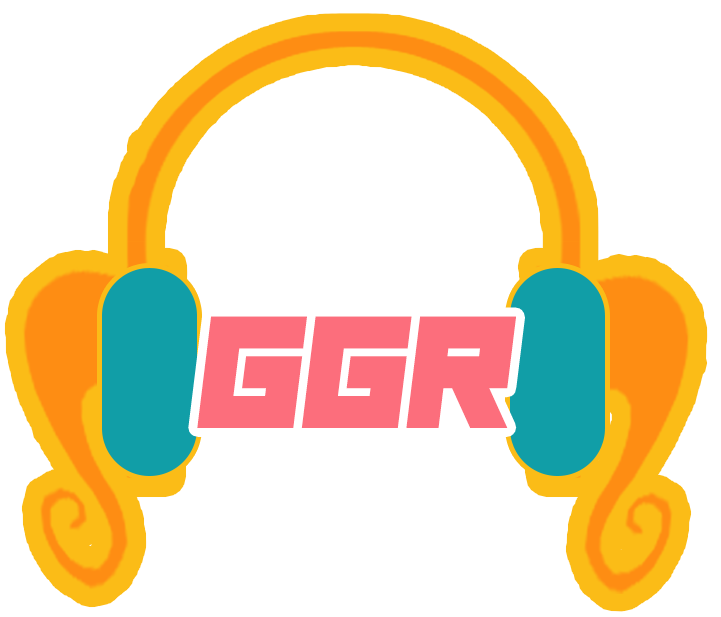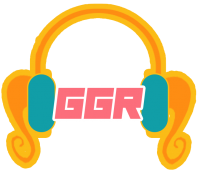You have to be a real sicko to desire Wordle superiority. This is a browser game that arrived under the cover of darkness, burdened by no prestige leagues or microtransaction-laden progression systems, totally immune from every necrotic mobile game inclination that’s gripped the industry since the invention of the iPhone.
In fact, you could read Wordle as apologia for the worrying direction that video games, as a whole, have veered towards over the last decade. But unfortunately you and I are mere mortals, and when that seductive six-tiered grid appears on your screen every morning, we can’t help but give into our most craven baronial instincts. “Man, what if I was the best at Wordle?”
I will not spend an abundant amount of time explaining what Wordle is, because at this point I feel like that terrain has been well covered by every media entity on the internet, (including PC Gamer.) But here, the basics. You have six guesses to identify a five letter word. With each guess you will be informed if the letters included appear in the word, (where they’ll turn yellow,) appear in the word and are locked in the right spot, (where they’ll turn green,) or do not appear at all, (where they’ll turn gray.) It sounds simple, and it is. As the writer Jeremy Gordon noted, part of the appeal is that nobody needs to wrestle with the exhausting English-degree bullshit levied by the perverts who design crosswords. Spend 15 minutes, try to figure out if it’s DRIVE or DRINK, and get on with the rest of your day.
Of course, the relative simplicity of Wordle’s design leads anyone with the esports gene to wonder if it could be fundamentally solved by wielding the almighty power of the algorithm. I was curious what it would take for me to optimize my play, and if I could glean some advice from The Machines, so I reached out to Matt “noblord” Koutsousis, a part-time Hearthstone pro and full-time mad scientist, who has broken the Tao of Wordle down to a molecular level. (Seriously, just look at some of these tweets. The man is outside The Matrix.)
He tells me the ideal, mathematically sound method to maximize your chances at a correct solution is to create an environment where there is an even distribution of potential solution combinations. So, for instance, when you start off by guessing TRACE—which Koutsousis says is one of the best opening gambits for any Wordle aspirant—there will be relatively even odds that the player ends up with four letters in the right place, or no letters matched whatsoever. It’s like card counting at a casino; casting a wide enough net to even the odds as much as possible.
“When you think about what letters are left, try to guess the consequences of figuring out letters with your guess,” says Koutsousis. “In the TRACE example, if the sequence was gray, yellow, gray, gray, yellow, so that the “R” and “E” are yellow, I would probably pick a word like LEMUR because the final position for “R” is pretty common and learning that the word ends in “ER” isn’t that much different from learning that it ends in “R.” So trying “E” in the second position is probably more useful than trying it in the fourth position.
One of the most mind-blowing theories Koutsousis offered is the idea that, sometimes, he thinks it’s better to eliminate letters entirely rather than lock them in with green. “A good example of this is words that end in ‘_ATCH’—’BATCH,’ ‘CATCH,’ ‘HATCH,’ and so on,” he explains. “Even if you know it ends in “_ATCH”, you still have to figure out if it starts with ‘B,’ ‘C,’ ‘H,’ ‘L,’ ‘M,’ ‘P,’ or ‘W’ That can take three guesses in the worst case.”
The idea of specifically answering Wordle to eliminate high-frequency letters rather than to deduce the solution brings to mind the wild strategies endorsed by the most deranged autochess freaks—particularly when they start talking about “loss-streaking.” But Koutsousis’ logic is sound. Throwing out an “S” and a “T” is probably more high value than patching in a “V.”
The best possible opening guess is “SOARE,” a word I’ve never heard of in my life.
Of course, Hearthstone pros aren’t the only ones putting Wordle under the microscope. Matt Rickard, a former Google engineer, put up his own blog post discussing the nuances of our omnipresent mind-melting word game. (His conclusion? The best possible opening guess is “SOARE,” a word I’ve never heard of in my life.) He figured this out by testing every guessable five letter word against every five-letter Wordle solution, which determined how many answers were eliminated per entry on average. You can count Rickard among those who believe that Wordle can be solved as a science, rather than an art.
“Using the greedy algorithm—the word that eliminates the most solutions—can always solve the game in easy mode in less than 6 turns,” he says. “The same strategy wins most games but needs to solve a few edge cases in order to not get stuck on a few words. Getting 4/5 letters right in ‘S_ORE’ needs five additional guesses in the worst case since you’ll need to guess ‘STORE,’ ‘SPORE,’ ‘SNORE,’ ‘SCORE,’ and ‘SHORE’ one at a time.” So, more or less the same strategy that Koutsousis is bringing to the table. Both of them will be escorted out by the Wordle pit bosses shortly.
But honestly, I think the magic of Wordle is its ability to be twisted inside out like a chess match. Word games are frequently popularized by the most annoying people on Earth; I have literally wanted to throw my computer out the window when the New York Times serves me up some overworked clever-porn gag in the Sunday crossword. So I think Wordle represents a chance for the left-brained Arbiters Of Logic to thrive in the verdant, nymphish liberal arts sector. An incursion, of sorts. “I’m usually terrible at word games but this one seemed more like a programming puzzle,” mentions Rickard. Personally, I welcome the engineering department overlords to this morpheme trial. At last, a clash of the titans.



